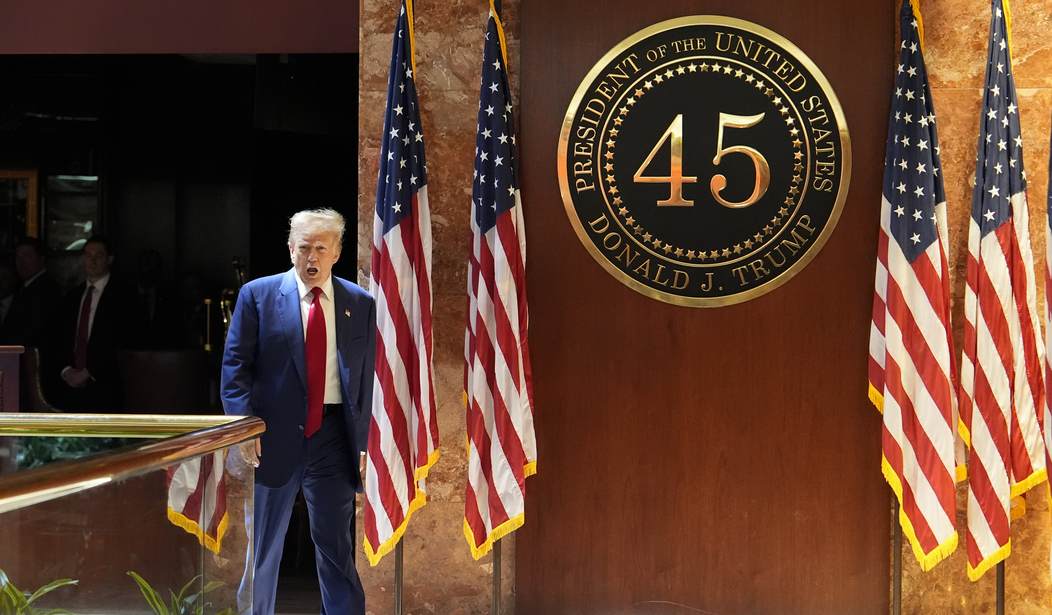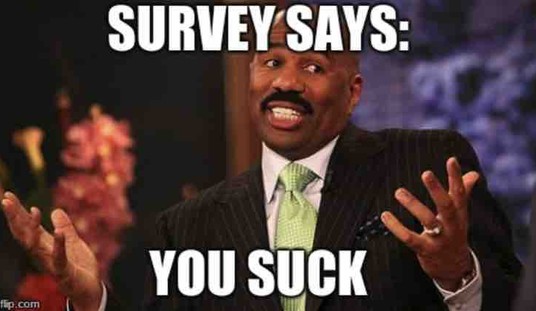"I think it would be a good idea to wait two or three weeks and then start looking at the Biden-Trump if-the-election-were-today question that has been asked all along," tweets Byron York.
Lots of people are talking about Trump verdict and polls. FWIW, I think it would be a good idea to wait two or three weeks and then start looking at the Biden-Trump if-the-election-were-today question that has been asked all along.
— Byron York (@ByronYork) June 2, 2024
Polls are funny. Sometimes they reflect a change in public sentiment after something happens, and sometimes they reflect no change.
"If the election were today, who would you vote for?" is a question that implies the possibility that a respondent may vote for a different person than his or her survey answer if the election is next week, next month, or half a year down the calendar. Large poll movements during an election cycle indicate that there are those who change their plan for voting based on events, such as a convention speech or a debate. Whether there is a large contingent of mind-changers among voters or whether that is merely signaled in polling data is not entirely discernable.
Take an "October surprise," an attention-getting story about a candidate that falls out of the closet in the weeks preceding an election. And then the polls react to it. Are there, in reality, millions of Americans who switch their votes from one candidate to another based on headlines that appear in the final stretch of a campaign?
Polls cannot be exclusively relied upon as political barometers. They are only snapshots of public sentiment. They survey a portion or sample size of a larger group. Poll results are subject to error, something that is self-evidenced by the fact that polls disclose a "margin-of-error" in their results. Polls are, at some level, subjective. The variables that go into a poll's composition require some degree of subjectivity, variables such as who is polled, how many are polled, and what questions are asked. Historic inaccuracy is another reason polls should be digested with a healthy degree of skepticism.
Recommended
Polls may be accurate, which is one reason they cannot be completely ignored. Some polls garner headlines and move the political needle merely due to the name of the firm conducting the poll. Polls are useful for political discussion and argumentation. They can be used by various campaigns to bolster their own messaging or in an attempt to politically damage opposition.
It is June. Election Day is in November. It is worth wondering how many actual voters have yet to decide how they are going to vote.























Join the conversation as a VIP Member